Home>Articles>How Much Value Can A Fireplace Add To Your Home
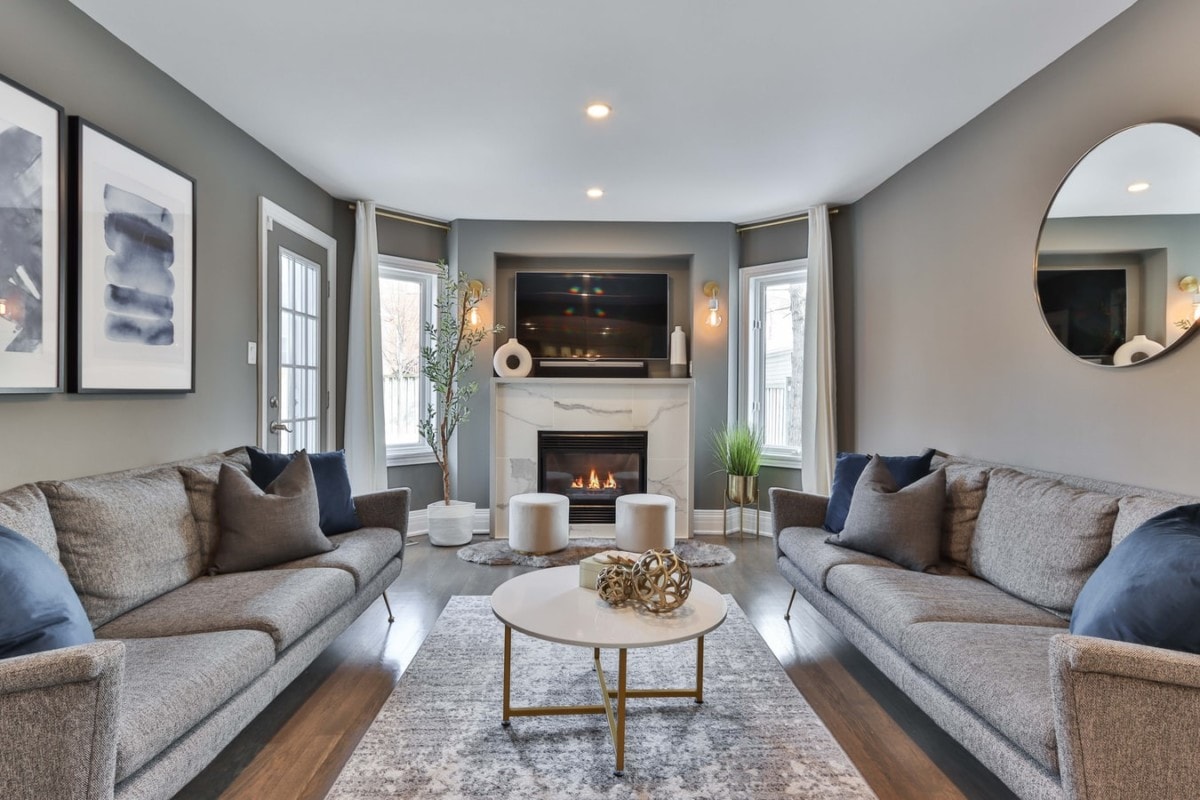

Articles
How Much Value Can A Fireplace Add To Your Home
Modified: October 20, 2024
Discover the significant impact of having a fireplace in your home with our informative articles. From added value to cozy ambiance, find out all the benefits now.
(Many of the links in this article redirect to a specific reviewed product. Your purchase of these products through affiliate links helps to generate commission for Storables.com, at no extra cost. Learn more)
Introduction
Fireplaces have long been cherished as a source of warmth, comfort, and relaxation. They evoke a sense of nostalgia, conjuring images of cozy evenings spent by crackling fires. But their appeal goes beyond aesthetics and ambiance. Fireplaces have the potential to add significant value to a home, both in terms of monetary worth and emotional well-being.
In this article, we will explore the factors that influence the value of a fireplace, examining how it can enhance the overall value of a property. We will dive into the energy efficiency of fireplaces and how they can contribute to reducing heating costs. We will also delve into the psychological benefits that fireplaces offer, promoting a sense of calm and tranquility. Additionally, we will discuss the different types of fireplaces available and how they can impact the perceived value of a home. Finally, we will provide some considerations to keep in mind before adding a fireplace to your residence.
So if you’re considering installing a fireplace or are curious about the value they can bring, read on to discover the numerous advantages that fireplaces offer for homeowners.
Key Takeaways:
- Fireplaces can significantly increase a home’s value by enhancing curb appeal, serving as a selling point, and creating a cozy, inviting atmosphere. They also offer energy efficiency and psychological well-being benefits.
- Factors such as location, quality, functionality, and aesthetic integration influence the value of a fireplace. Consider available space, budget, ventilation, and maintenance requirements before adding a fireplace to your home.
Factors Influencing the Value of a Fireplace
When it comes to determining the value that a fireplace adds to a home, several factors come into play. Here are some key considerations:
- Location: The geographic location can significantly impact the value placed on a fireplace. In colder climates, fireplaces are highly desirable as they provide additional warmth during chilly winters. On the other hand, in warmer regions, fireplaces may be seen as more of a luxury feature than a necessity.
- Quality and Design: The quality and design of the fireplace itself can greatly influence its value. A well-crafted and visually appealing fireplace, with attractive mantels, intricate detailing, and high-quality materials, will likely command a higher value compared to a basic or outdated fireplace.
- Functionality: The functionality of the fireplace also plays a crucial role in its perceived value. A fireplace that operates efficiently, without any issues or safety concerns, will be more highly regarded by potential buyers. Additionally, features such as easy-to-use controls and adjustable flames can contribute to its desirability.
- Maintenance and Upkeep: Regular maintenance and proper upkeep of the fireplace are essential for its long-term value. A well-maintained fireplace, free from any issues or damage, will be more appealing to buyers and can contribute to a higher valuation of the property.
- Aesthetic Integration: The integration of the fireplace into the overall aesthetic of the home is another significant factor. A fireplace that harmonizes with the design and style of the property will be more appealing and can enhance the overall value and appeal of the home.
It’s important to note that the value added by a fireplace may vary depending on individual preferences and market trends. It’s always a good idea to consult with a real estate professional or appraiser who can provide specific insights into the value that a fireplace can bring to your particular property.
Increased Home Value with a Fireplace
One of the key benefits of having a fireplace in your home is its potential to increase the overall value of the property. A well-designed and properly functioning fireplace can have a positive impact on the appraisal and marketability of a home. Here’s how:
1. Enhanced Curb Appeal: A fireplace adds a touch of charm and sophistication to a home’s exterior. Potential buyers are often drawn to properties with fireplaces, as they can envision themselves enjoying the cozy ambiance and warmth it provides. This increased curb appeal can result in a higher perceived value of the home.
2. Selling Point: A fireplace is often considered a desirable feature by homebuyers. It can act as a unique selling point, setting your home apart from others on the market. This can help attract more potential buyers and create a sense of competition, potentially leading to a higher selling price.
3. Emotional Appeal: Fireplaces evoke feelings of comfort, relaxation, and intimacy. They create a focal point in a living space and can serve as a gathering place for family and friends. The emotional appeal of a fireplace can make a home feel more inviting, and buyers may be willing to pay a premium for that sense of warmth and coziness.
4. Increased Square Footage: While a fireplace doesn’t physically add square footage to a home, it can create the illusion of a larger living space. Fireplaces often serve as the focal point of a room, drawing attention and making the area feel more expansive. This perception of increased square footage can contribute to a higher valuation of the home.
5. Competitive Advantage: In a competitive real estate market, having a fireplace can give your home a competitive edge over similar properties. Buyers may prioritize homes with fireplaces, willing to pay more for the added value and amenities that a fireplace offers.
It’s worth noting that the extent of the increased home value will depend on various factors, such as the local real estate market, the quality of the fireplace, and other features and attributes of the property. Consulting with a real estate professional can provide valuable insights into how a fireplace can impact the value of your home in your specific location.
Energy Efficiency of Fireplaces
Fireplaces not only provide warmth and ambiance but can also contribute to the energy efficiency of a home. Here’s how fireplaces can help reduce energy consumption and lower heating costs:
1. Zone Heating: Fireplaces allow for targeted heating in specific areas of the home. This means you can choose to heat only the rooms that are being occupied, rather than heating the entire house. By utilizing zone heating, you can reduce overall energy usage and save on heating costs.
2. Supplemental Heating: Fireplaces can serve as a supplement to your primary heating system, providing additional warmth and reducing the reliance on central heating. By using a fireplace to heat the rooms you spend the most time in, you can lower your reliance on the main heating system and potentially decrease energy consumption.
3. Energy-Efficient Fireplace Designs: Modern fireplace designs have made significant advancements in terms of energy efficiency. Many newer models come equipped with features such as sealed combustion systems, which minimize heat loss up the chimney. Additionally, high-efficiency fireplace inserts are available, which can convert an existing inefficient fireplace into a more energy-efficient unit.
4. Renewable Fuel Options: Traditional wood-burning fireplaces are not the only option available. Alternative fuel sources such as gas, ethanol, or even electric fireplaces offer greater energy efficiency and lower environmental impact. These options eliminate the need to source, cut, and store wood, reducing the carbon footprint associated with traditional fireplaces.
5. Proper Insulation and Maintenance: Ensuring proper insulation around the fireplace and regular maintenance can contribute to its energy efficiency. A well-insulated fireplace prevents drafts and heat loss, allowing the heat to stay within the living space. Regular cleaning and maintenance also optimize the fireplace’s efficiency and prevent any energy-wasting issues.
While fireplaces can contribute to energy efficiency, it’s important to note that certain types, such as traditional wood-burning fireplaces, can be less efficient compared to other options. Consulting with professionals in the fireplace and energy industry can help you make an informed decision about the most energy-efficient fireplace design that suits your needs and positively impacts your energy consumption.
A fireplace can add significant value to a home, with estimates ranging from 6-12% of the home’s value. However, the actual value added can vary depending on factors such as location, type of fireplace, and overall market demand.
Psychological Benefits of Fireplaces
Fireplaces offer more than just warmth; they provide a range of psychological benefits that can enhance your overall well-being. Here are some of the key ways in which fireplaces can positively impact your mind and emotions:
1. Relaxation and Stress Reduction: The gentle crackling sound and the mesmerizing sight of a flickering flame can induce a sense of relaxation. Sitting by a fireplace can help you unwind after a long day and reduce stress levels. The warmth and ambiance created by the fireplace create a soothing atmosphere, promoting tranquility and calmness.
2. Coziness and Comfort: The cozy and comforting feeling of being near a fireplace is hard to replicate. It creates a sense of comfort and security, providing a cozy retreat from the outside world. Whether you’re curled up with a good book or enjoying a conversation with loved ones, the presence of a fireplace enhances the overall sense of comfort in a space.
3. Center of Attention: Fireplaces often become the focal point of a room, drawing attention and creating a gathering place for family and friends. They naturally encourage social interaction and bonding, as people naturally gravitate towards the warmth and ambiance that fireplaces offer. Spending time around a fireplace can foster meaningful connections and strengthen relationships.
4. Mood Enhancement: Fire has a primal and instinctive appeal to humans, evoking a feeling of warmth, safety, and happiness. The soft, flickering light of a fire can create a cozy and intimate atmosphere, which can boost mood and create a sense of contentment. Fireplaces can help combat seasonal affective disorder (SAD) by providing a source of light and warmth during darker winter months.
5. Aesthetically Pleasing: The visual appeal of a fireplace can have a positive effect on our overall well-being. Just observing the dancing flames and the warm glow can be visually soothing and pleasing to the eye. Fireplaces add an element of beauty and charm to a space, elevating the overall aesthetics of the room and providing a sense of joy and delight.
It’s important to note that the psychological benefits of fireplaces can vary from person to person, as individuals have unique preferences and experiences. Nonetheless, the presence of a fireplace in a home has the potential to create a positive and nurturing environment that promotes emotional well-being.
Types of Fireplaces and their Value
When it comes to fireplaces, there are various types to consider, each with its own unique features and value. The type of fireplace you choose can have an impact on both the aesthetic appeal and the perceived value of your home. Here are some common types of fireplaces and their value:
1. Wood-Burning Fireplace: Traditional wood-burning fireplaces have a timeless charm and can add a rustic and authentic feel to a home. They are often sought after for their classic appeal and the cozy ambiance they provide. Wood-burning fireplaces can have a high value, especially if they are well-maintained and properly integrated into the overall design of the home.
2. Gas Fireplace: Gas fireplaces have gained popularity due to their convenience and ease of use. They offer instant heat at the flip of a switch and require less maintenance compared to wood-burning fireplaces. Gas fireplaces come in various designs, from traditional log sets to sleek and modern linear styles. The value of a gas fireplace can range depending on factors such as the quality of the materials, the design, and the efficiency of the unit.
3. Electric Fireplace: Electric fireplaces are an excellent option for those seeking the ambiance of a fireplace without the need for venting or fuel. They often feature realistic flame effects and can be easily controlled with a remote. Electric fireplaces are valued for their flexibility, as they can be installed in virtually any space without the need for extensive construction. They are also energy-efficient and safe to use. The value of an electric fireplace lies in its convenience, aesthetics, and cost-effectiveness.
4. Ethanol Fireplace: Ethanol fireplaces are a modern and eco-friendly option. They burn clean and smoke-free, using bioethanol fuel derived from renewable sources. Ethanol fireplaces are often valued for their sleek and contemporary designs, adding a touch of sophistication to any space. Due to their eco-friendly nature and versatility, they can be a valuable addition to a home.
5. Fireplace Inserts: Fireplace inserts are units that are designed to fit into existing fireplaces, converting them into more efficient and functional heating sources. These inserts can be either gas, wood-burning, or electric, providing a range of options to homeowners. The value of a fireplace insert lies in its ability to transform an inefficient fireplace into a more efficient and desirable feature, improving the overall value of the home.
It’s important to consider the preferences of potential homebuyers in your area when selecting a type of fireplace. While each type has its own unique appeal, it’s essential to choose a fireplace that aligns with the overall aesthetic of your home and complements its architectural style.
Considerations Before Adding a Fireplace
Before adding a fireplace to your home, there are several important considerations to keep in mind. Taking the time to think through these factors will help ensure that you make an informed decision and choose the right fireplace for your needs. Here are some key considerations:
1. Available Space: Assess the available space in your home to determine if it can accommodate a fireplace. Consider the size and layout of the room, as well as the proximity to combustible materials. Remember that fireplaces require proper clearances for safety reasons.
2. Budget: Determine your budget for adding a fireplace, as there can be significant variations in cost depending on the type of fireplace, installation requirements, and any additional remodeling or construction needed. Research the costs associated with different types of fireplaces, including materials, labor, and ongoing maintenance expenses.
3. Ventilation Options: Consider the availability and feasibility of ventilation options for the type of fireplace you choose. Wood-burning and gas fireplaces typically require venting, while electric and ethanol fireplaces may not require any ventilation. Assess the existing infrastructure of your home to determine the most viable option.
4. Building Codes and Regulations: Familiarize yourself with the local building codes and regulations regarding fireplaces in your area. Ensure that you comply with any permit requirements and follow the necessary safety guidelines to ensure proper installation and operation of the fireplace.
5. Heating Efficiency: Consider your heating needs and how the fireplace will contribute to heating your home. Different types of fireplaces have varying levels of heating efficiency. If you prioritize warmth and energy efficiency, explore options such as fireplace inserts or high-efficiency gas fireplaces.
6. Maintenance Requirements: Evaluate the maintenance requirements of the fireplace you are considering. Wood-burning fireplaces, for example, require regular chimney cleaning and wood storage, while gas and electric fireplaces have lower maintenance needs. Consider the time and effort you are willing to invest in maintaining the fireplace.
7. Aesthetic Alignment: Consider how the fireplace will fit into the overall aesthetic and style of your home. Choose a fireplace design and materials that complement the existing architecture and interior design of your space. A well-integrated fireplace will enhance the overall value and appeal of your home.
8. Environmental Impact: If environmental sustainability is important to you, research the environmental impact of the fuel source for the fireplace. Wood-burning fireplaces may contribute to air pollution, while electric or ethanol fireplaces offer cleaner and more sustainable options.
By carefully considering these factors, you can make an informed decision about adding a fireplace to your home. It is advisable to consult with professionals, such as contractors, fireplace manufacturers, or designers, to gain further guidance and ensure that your fireplace installation meets your specific needs and complies with local regulations.
Conclusion
Fireplaces are more than just sources of warmth; they bring numerous benefits to homeowners. From increasing the value of a property to providing energy efficiency and psychological well-being, fireplaces have a significant impact on the overall quality of a home.
When considering installing a fireplace, it is important to take into account various factors that can influence the type and value of the fireplace. Factors such as location, quality and design, functionality, maintenance, and aesthetic integration all play a role in determining the value that a fireplace adds to a home.
In terms of increased home value, fireplaces can enhance the curb appeal of a property, serve as a unique selling point, and create a cozy and inviting atmosphere. They can also create the illusion of increased square footage and give your home a competitive advantage in the real estate market.
From an energy efficiency standpoint, fireplaces can offer zone heating, act as supplemental heating, and provide more environmentally friendly fuel options. They can help lower heating costs while providing warmth and comfort.
Psychologically, fireplaces promote relaxation, reduce stress, and create a sense of coziness and comfort. They serve as gathering places for social interactions and can enhance mood and overall well-being.
There are various types of fireplaces to choose from, including wood-burning, gas, electric, and ethanol fireplaces, each with its own unique features and value. It is important to consider factors such as available space, budget, ventilation options, building codes and regulations, heating efficiency, maintenance requirements, and aesthetic alignment when selecting a fireplace.
In conclusion, fireplaces offer numerous advantages to homeowners, from increasing home value and energy efficiency to enhancing psychological well-being. They provide warmth, comfort, and a sense of timeless charm that can transform a house into a home. Whether you’re dreaming of curling up by a crackling wood-burning fire or opting for the convenience of a gas or electric fireplace, the addition of a fireplace can truly enhance your living space and bring long-lasting enjoyment to your daily life.
Frequently Asked Questions about How Much Value Can A Fireplace Add To Your Home
Was this page helpful?
At Storables.com, we guarantee accurate and reliable information. Our content, validated by Expert Board Contributors, is crafted following stringent Editorial Policies. We're committed to providing you with well-researched, expert-backed insights for all your informational needs.
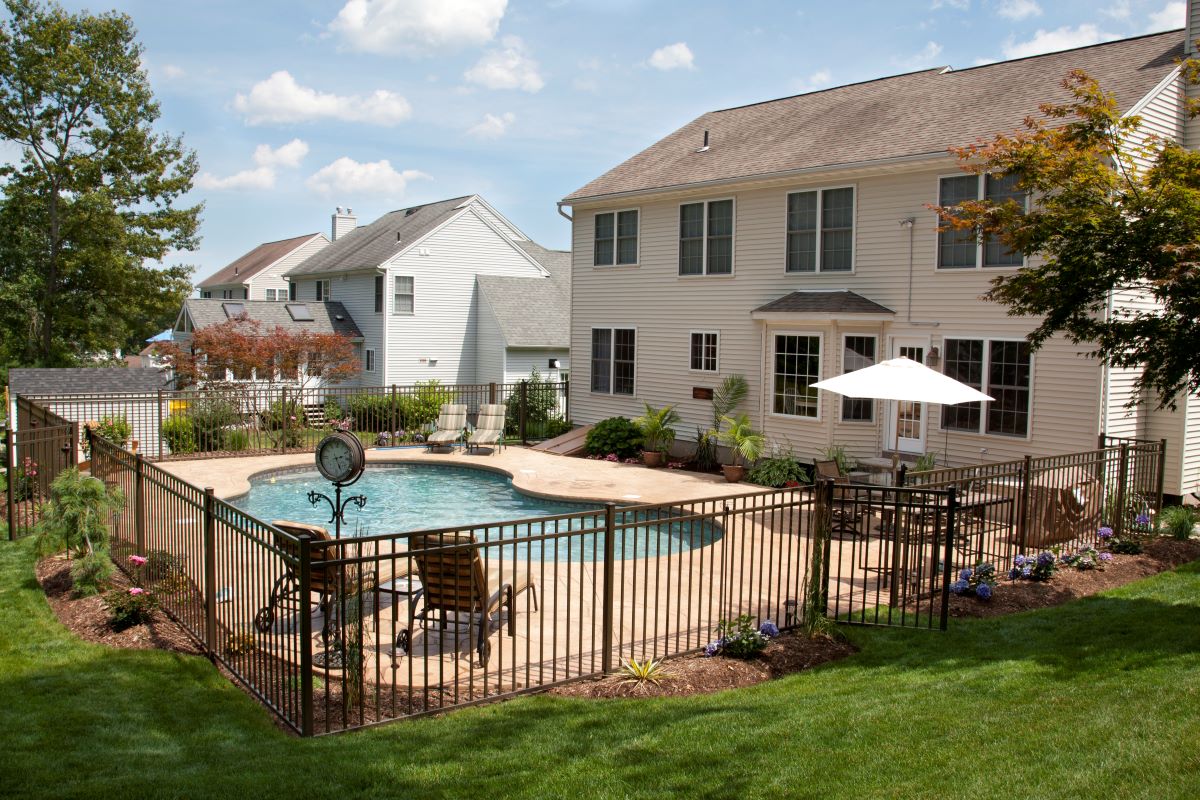

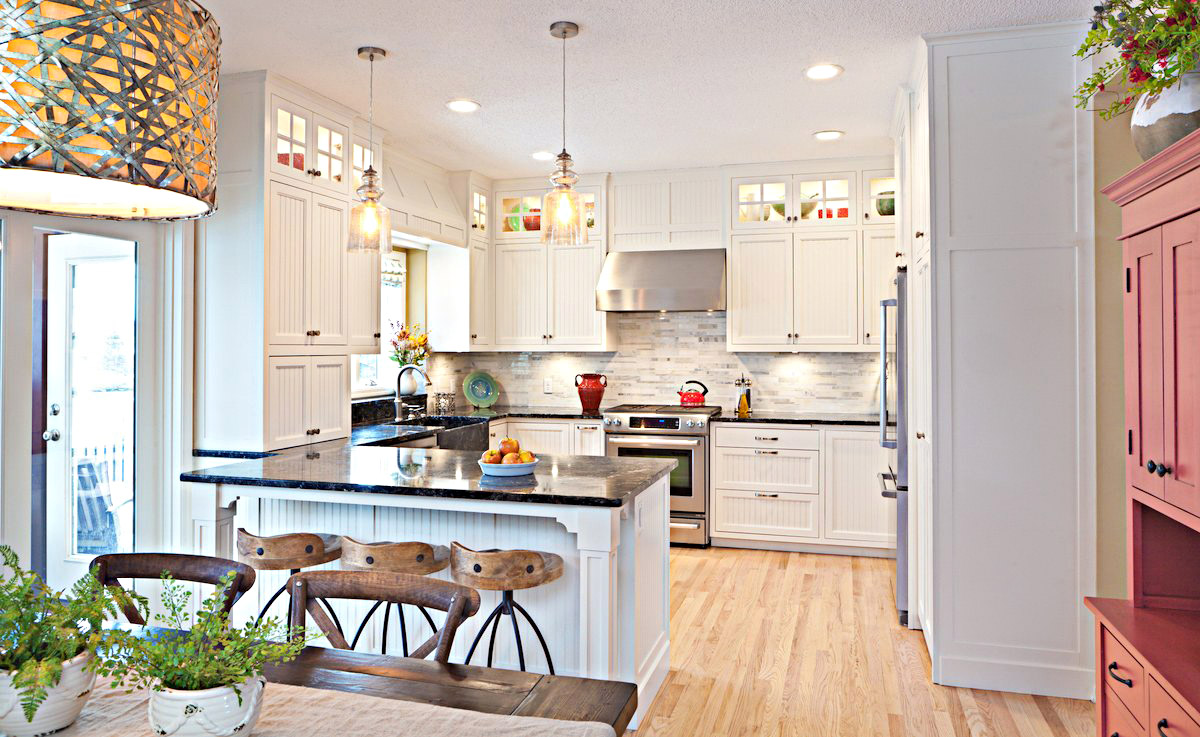
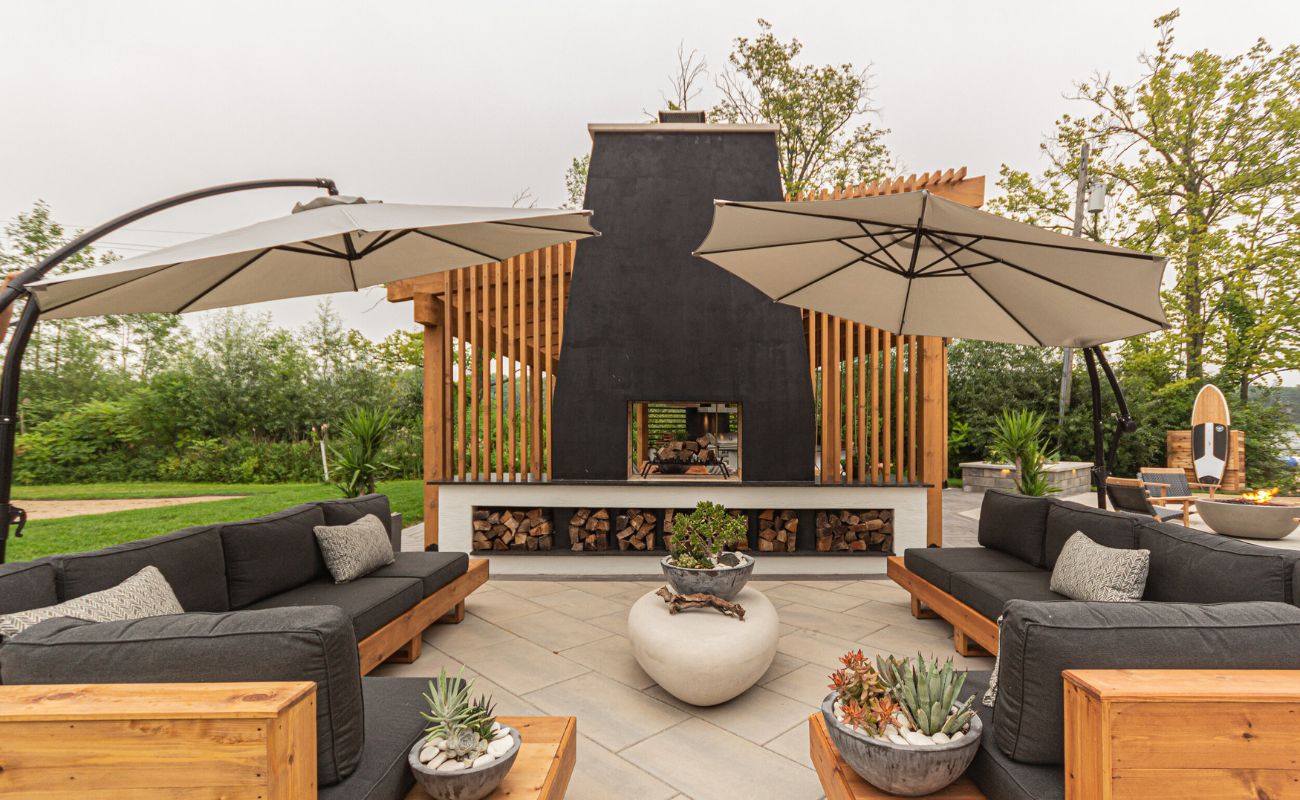
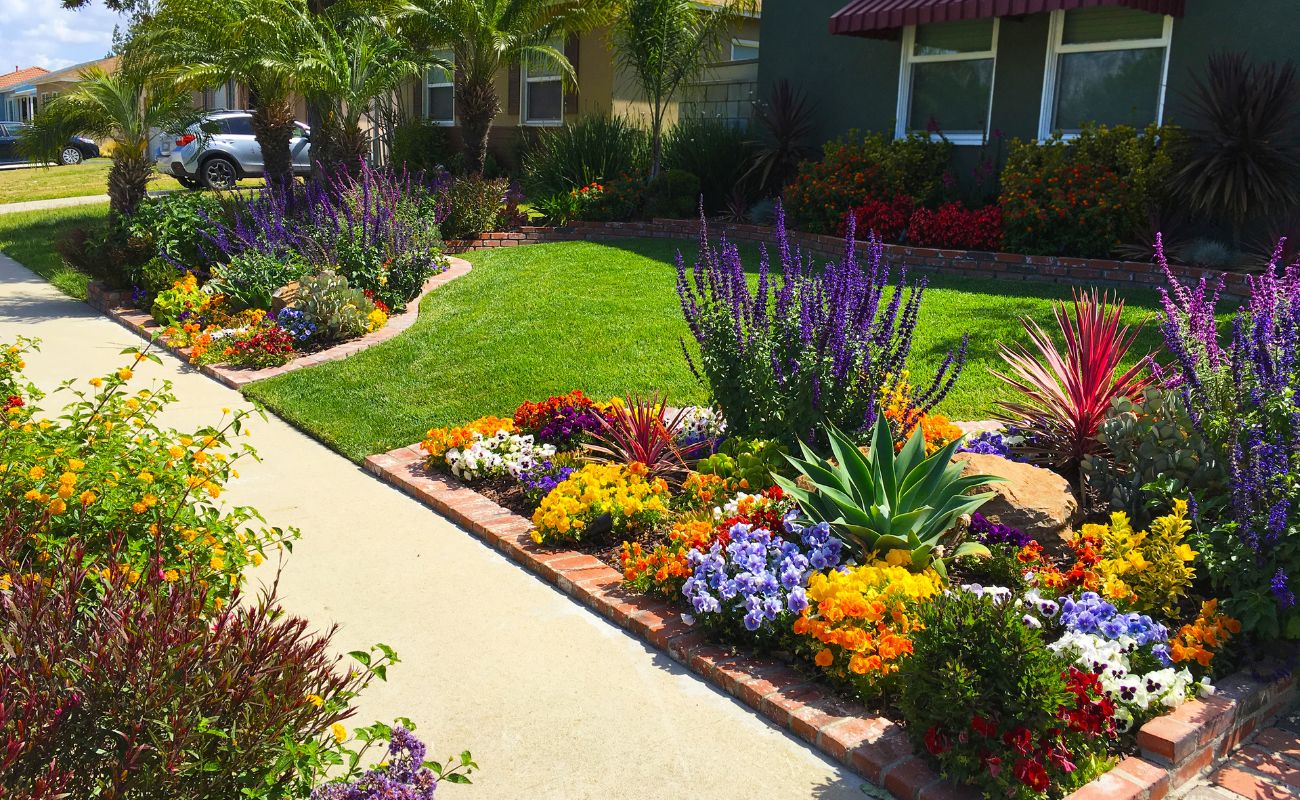
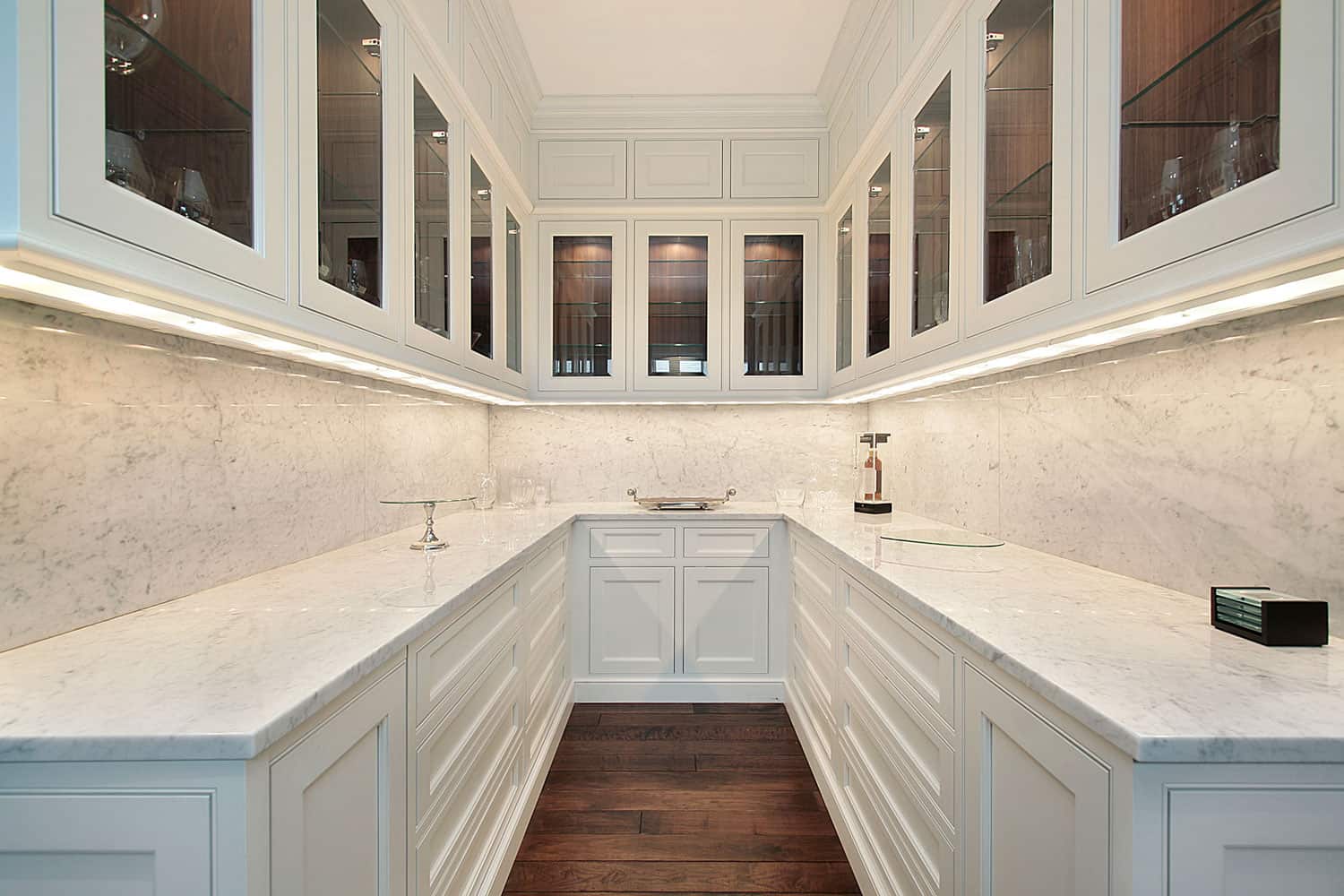
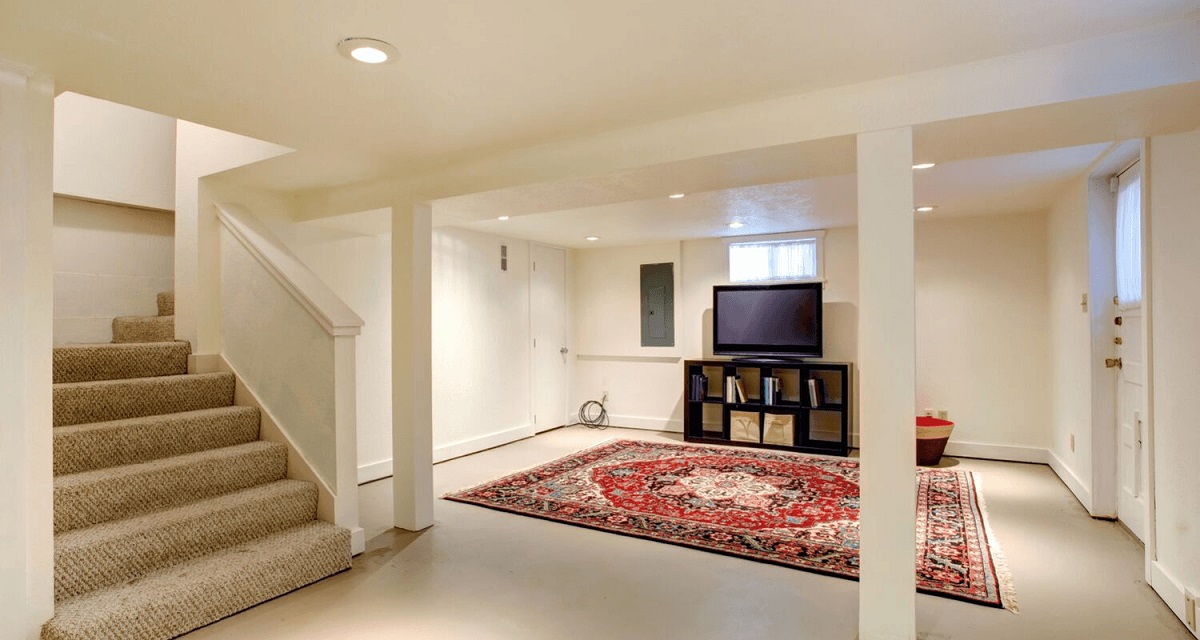
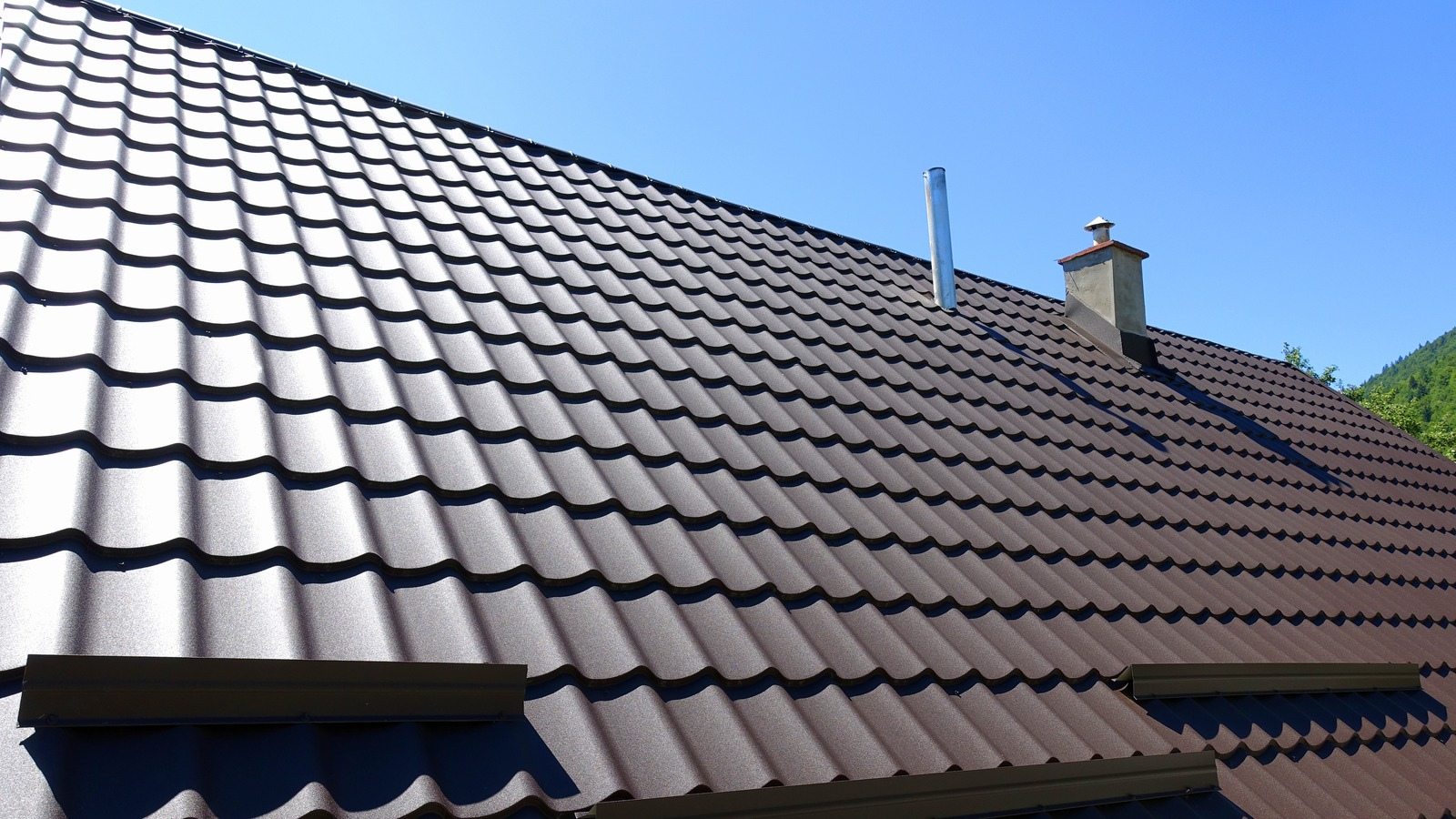
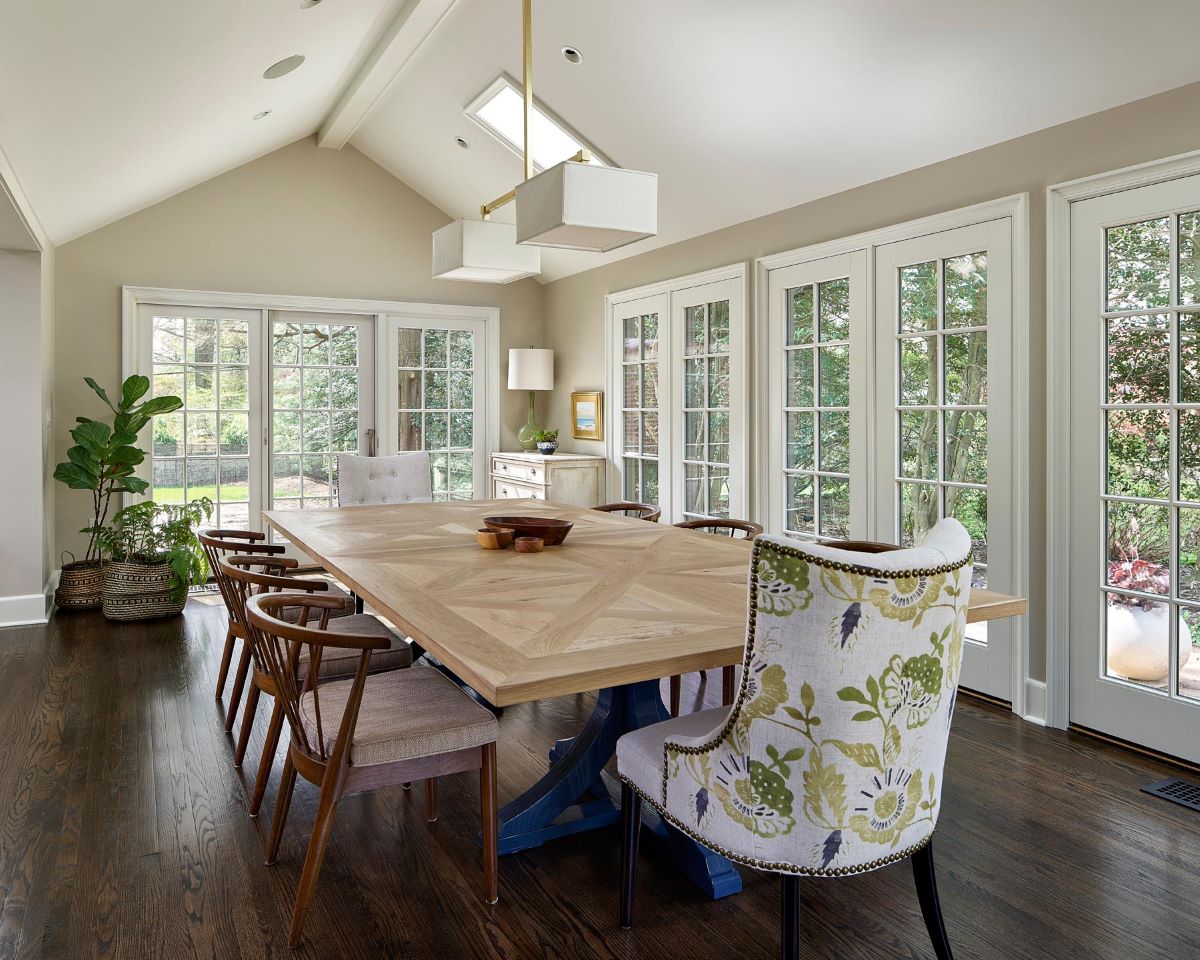
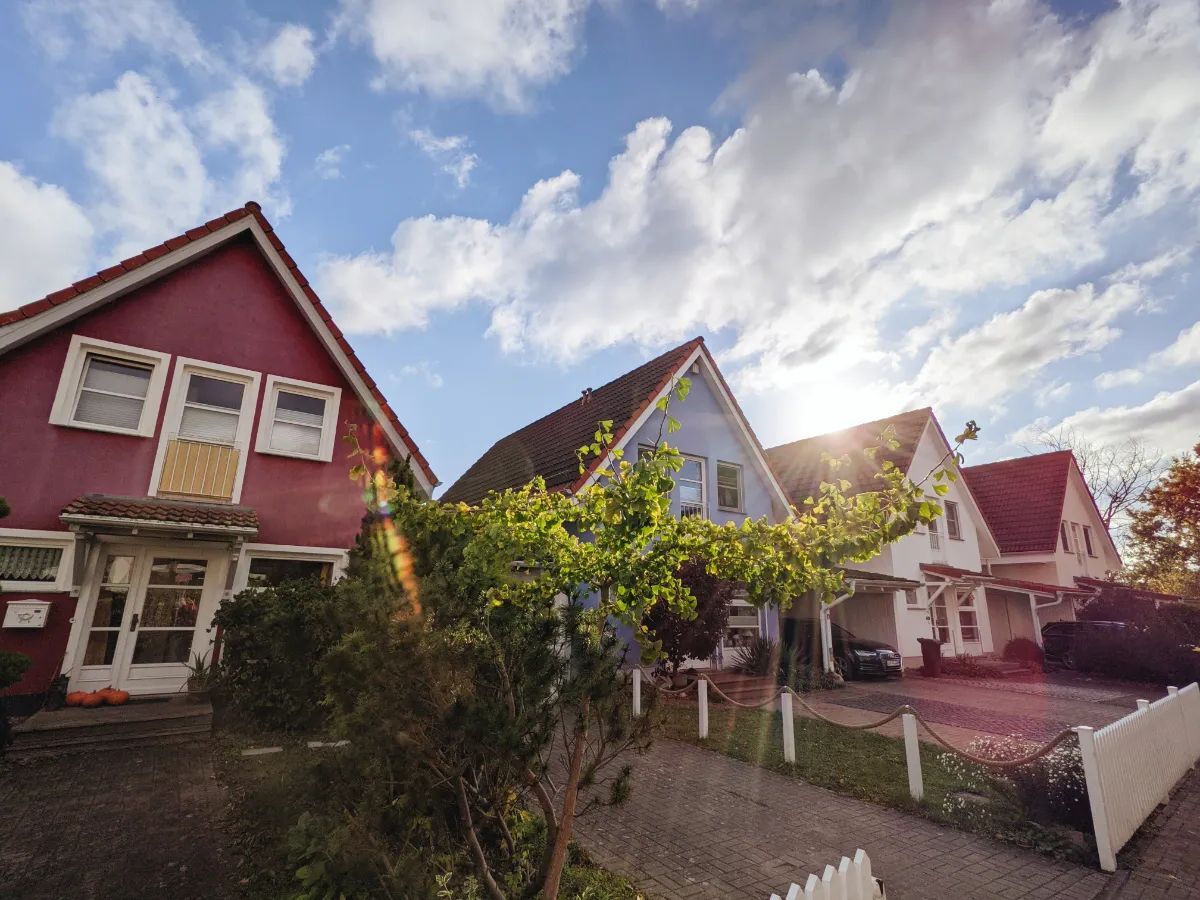
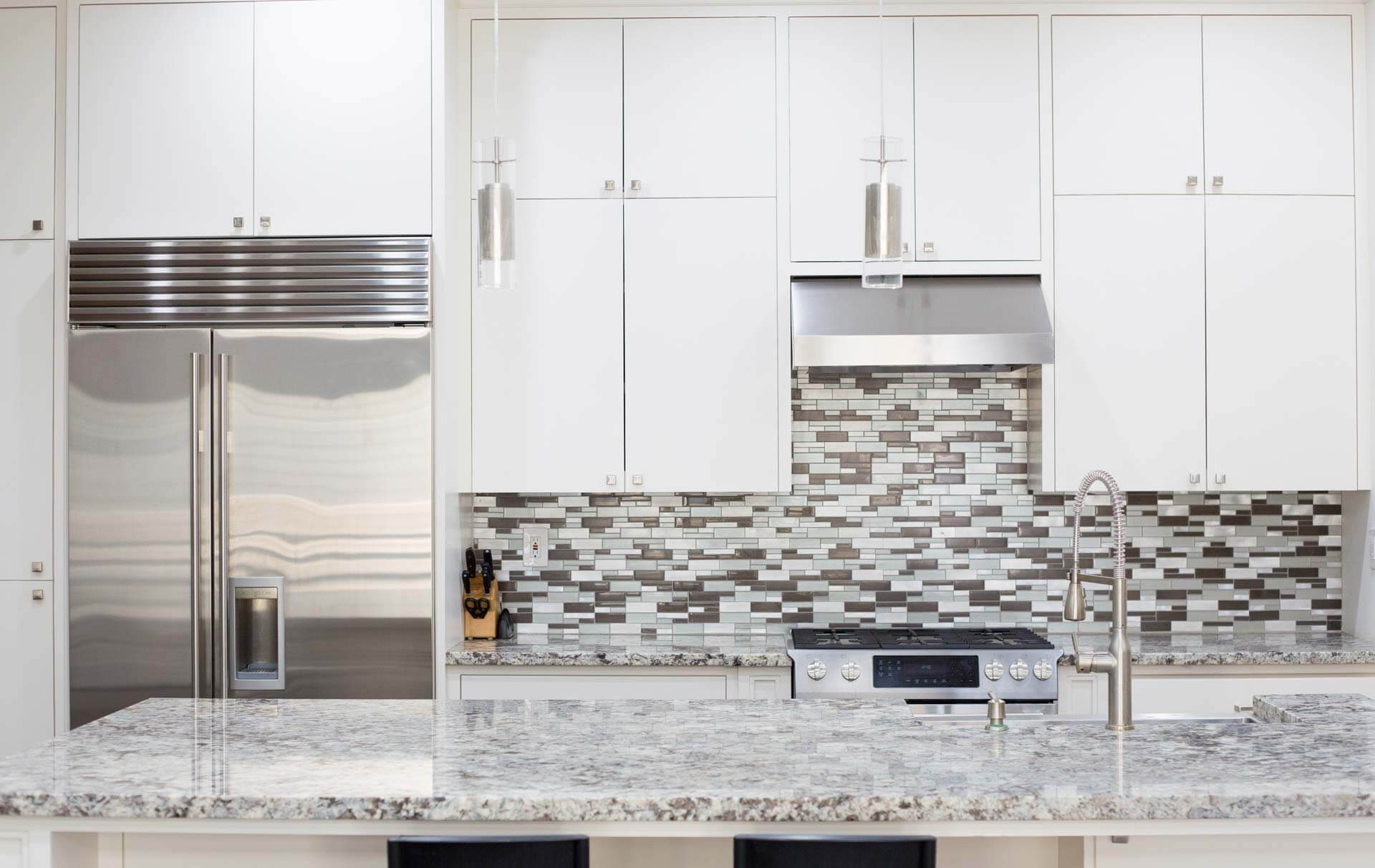
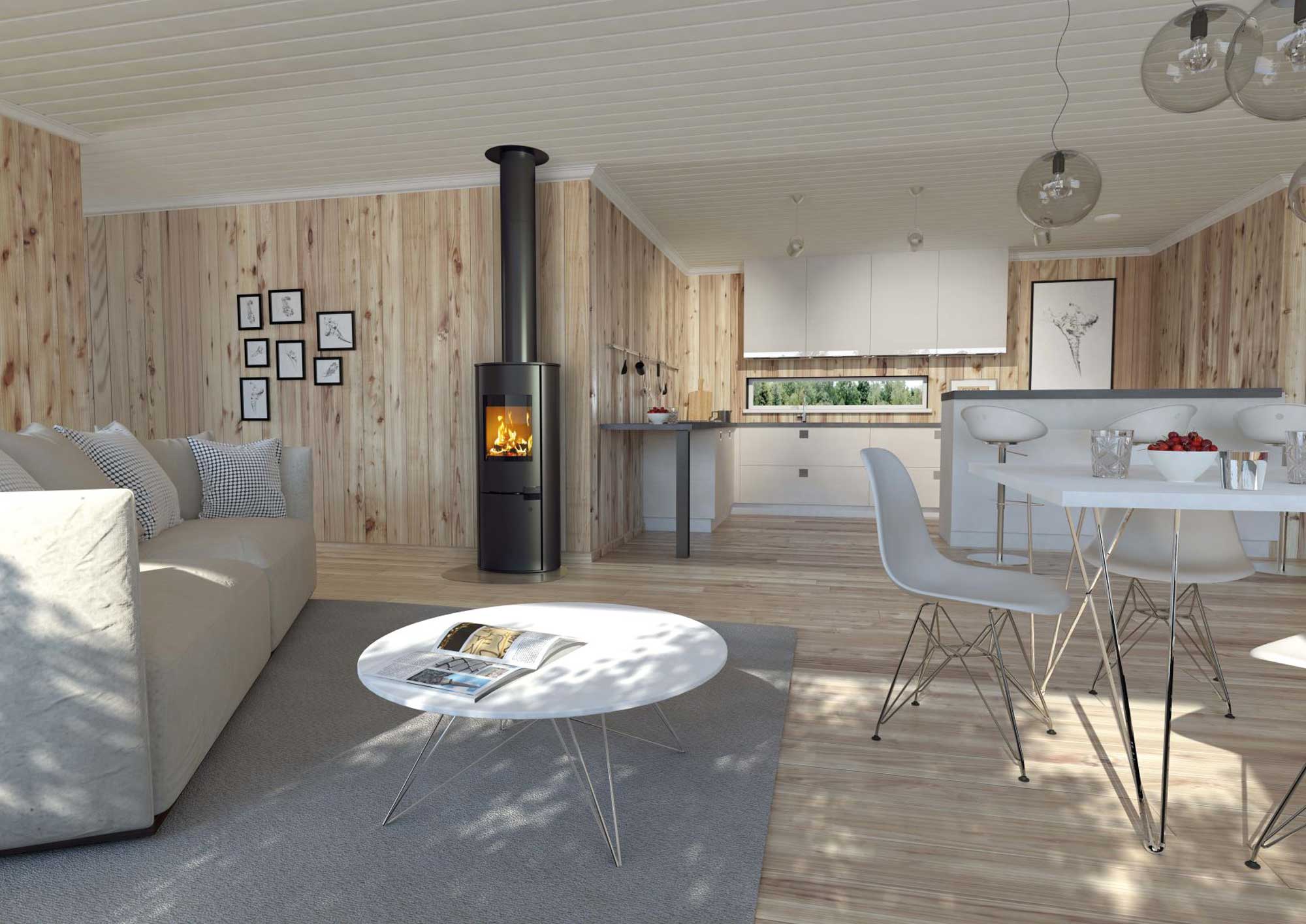
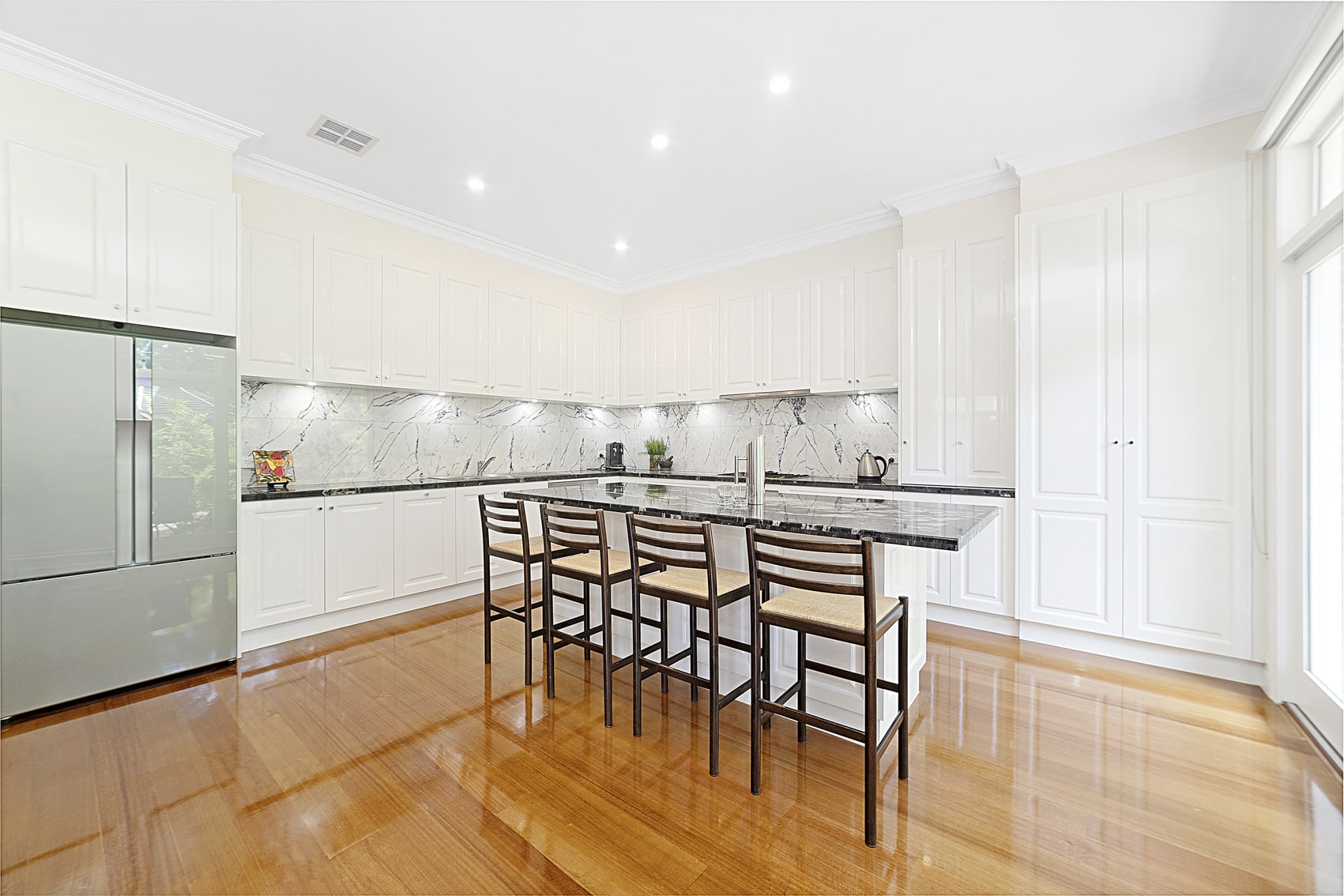
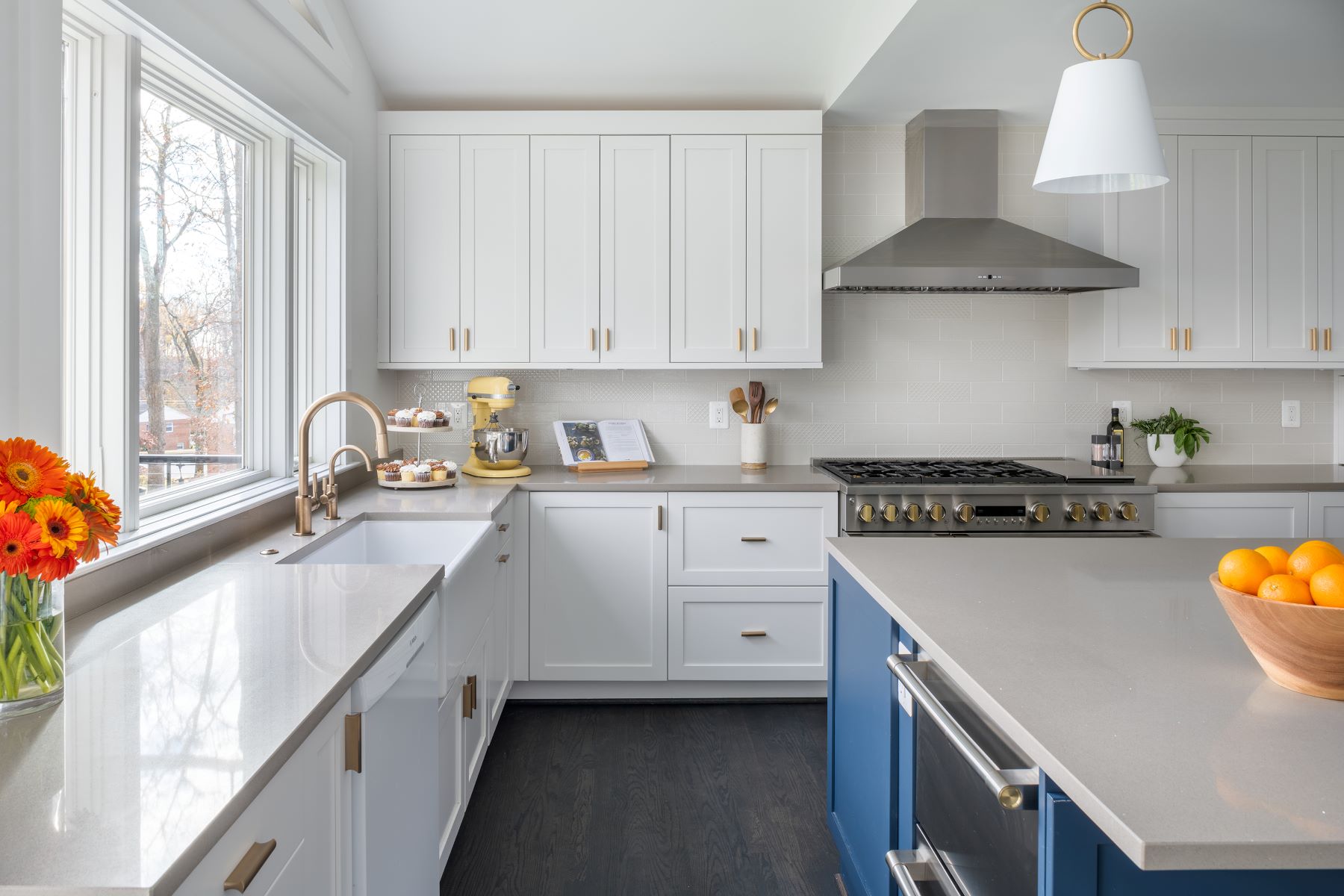

0 thoughts on “How Much Value Can A Fireplace Add To Your Home”